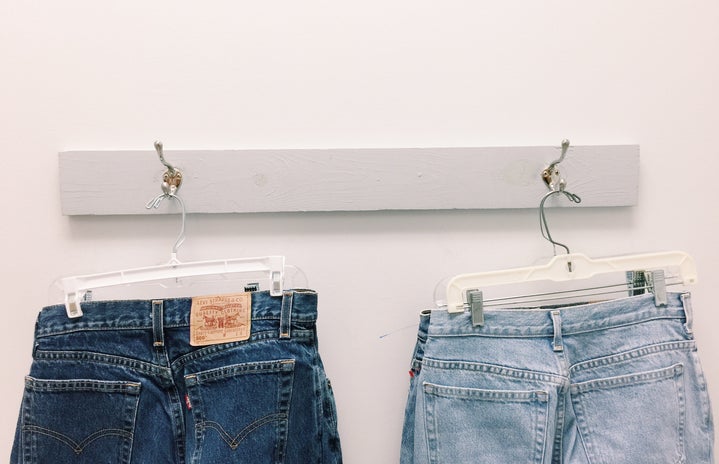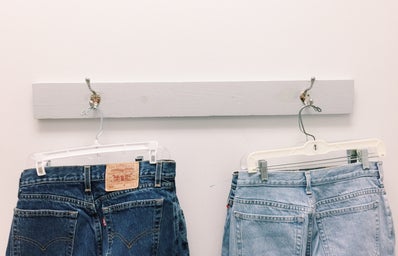All over YouTube and social media, there are posts discussing which generation can make the best outfit or who has the best taste in music. TikTok has become a place of dissing and shaming anything that is not Gen-Z culture. This is toxic.
It pins people against each other instead of uplifting them and accepting them for who they are. I thought our generation was supposed to be the generation of acceptance, but by saying we wouldn’t be caught dead with a side part and wearing skinny jeans we are actually excluding a whole group of people.
But how are we actually grouping people? The Pew Research Center defines Millennials as people born between the years 1980 and 1996 and Generation-Z, also known as Gen-Z, as people born between 1997 and 2012. Gen-Z is the most diverse generation yet when compared to Millenials.
We are destigmatizing conversations around mental health and body image. According to a study by the American Psychological Association, Gen-Z is more likely to report their mental health struggles. They are also more willing to say that they’ve gotten mental health treatment including therapy.
We are the generation of Greta Thunberg, a climate justice activist, Malala Yousafzai, who is a Nobel Peace Prize winner and advocates for education for women, and tennis player Naomi Osaka who has brought conversations about mental health in athletes to light.
We spearheaded the Black Lives Matter, March for our Lives and Climate Justice movements. We are supposed to be the generation that accepts people as they are instead of shoving them into boxes. Roughly a third of Gen-Z say they know somebody who uses gender-neutral pronouns. 66% say that Black people are treated less fairly than White people. They are also more accepting of same-sex and interracial marriage. With all of this being said, why don’t we have the same accepting attitude towards clothes and fashion?
This Millennial vs. Gen-Z “war” is creating a culture of outcasts and exclusivity. All of a sudden Gen-Z has become the fashion police dictating what society is allowed to wear. The word “cheugy” has become synonymous with ugly, old and undesirable. In a short time, we have decided that skinny jeans are ugly and you can only have your hair in a middle part with a claw clip. Don’t get me wrong I love a good claw clip but why is that the only acceptable hairdo?
This fashion culture is creating categories of right and wrong, trendy and not. But if Gen-Z is the generation that is supposed to be accepting of everyone, why are we excluding people based on their fashion choices? If we are going to accept people who use gender-neutral pronouns or openly talk about our mental health, we should accept people who want to wear jeans that are a little more fitted than ours. We should be embracing people if they want to wear skinny jeans and a side part. We should be empowering people to wear whatever they want instead of shaming them for wearing what makes them feel good.


